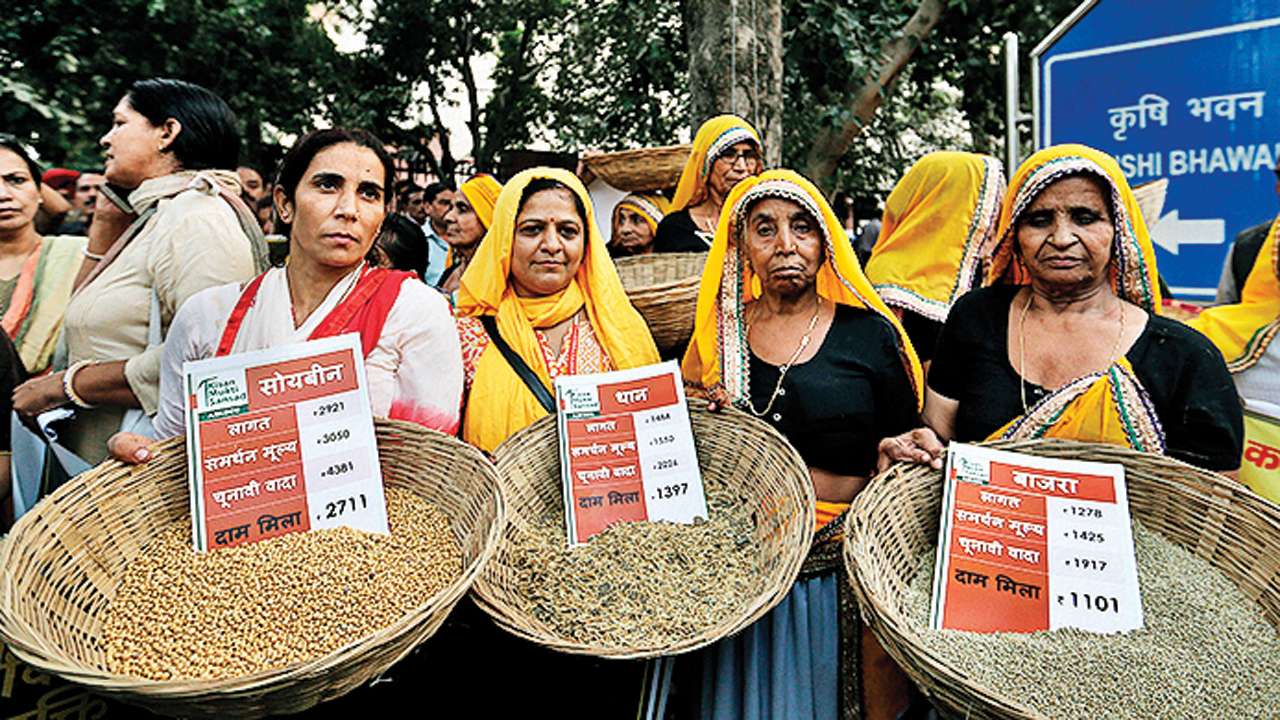
For the politician and the media, 2018 is the year before the next general elections. Does the citizen, particularly the poorest, see it that way? Does the school teacher see the year only in terms of holidays: Pongal, Easter, Ramzan, Dussehra, Diwali and Christmas? Does she also see how the child under her care has progressed through the months? No politician has concerns about the fate of the citizens; he is only planning the year on the basis of the criticality of the elections. This is the politician’s interpretation of democracy.
Much analysis of 2014, and the state elections, thereafter, has been made. What are the lessons of UP and Gujarat of 2017? What is really in the psyche of the voter — particularly the poor rural citizen? One credible interpretation of the results of the post-2014 elections will refer to the new ‘hope’ in the heart of the poor rural/urban voter — a possible upgrade in his fortunes and his future. It is fair to surmise that PM Narendra Modi has raised new expectations for a dramatically new and different India for the average citizen. This explains why the liability of 7-times incumbency was set aside in Gujarat; the caste/communal angles were marginalised in UP, the voter nation-wide ignored the suffering of the demonetisation, and the small traders and businessmen swallowed the GST programme. The only effective national force today in the political arena is hope, expectation, and the buzzword is ‘future’.
Public memory is short. The poorest, most wretched voter is still intuitively aware of his long-term expectations. He wants his child to be ‘educated’ for a better future. The poor man also knows that the sins of bad governance of five decades cannot be washed away overnight. He does not demand short-term results — he wants to be satisfied that there is a long-term future. Herein, lies the criticality of the policy inputs of 2018 and 2019.
Alas, Elphinstone stampede, Gorakhpur hospital deaths, repeated Nirbhayas, gender issues, natural and man-made tragedies will increase due to a nonexisting regulatory apparatus, which is part of the tumult and noise of a ‘thriving’ democracy. The fact is that the basic institutional infrastructure is still alive, but highly exploited and sabotaged by the political class, with the active connivance of the bureaucracy.
The recent entry of Rajinikanth into the political arena is a significant move. He has spoken about the failure of our democracy and the plight of the common man. Is Rajinikanth the first politician to declare that the one and only purpose and manifestation of democracy is the welfare of citizens and upliftment of the poor?
Anybody who does not see the ferment and the gathering storm in the agriculture sector is blind. The escalating suicide rates is just one pointer — a reminder of the continuous transfer of resources from agriculture to the urban/ industrial sector, thus impoverishing the majority of the citizens over the decades. The agriculture sector can’t be cleaned up overnight — but doubling of real income by 2022 is a tangible definite milestone. New, multi-dimensional moves are now imperative.
Jobs, skill-creation, and employment generation are immediate time bombs. These are both linked with the total transformation of the agri sector, along with new transformative approaches to the informal sector, comprising 6 crore units, as per Jaitley’s last budget. The informal sector is the largest employer after agriculture. Crop insurance and health insurance for all, particularly the poorest, is now an imperative. Education and public health are the foremost instruments for development — the lead time is high, but the seeds of total transformation need to be sown in 2018 and 2019.
Water management in all its dimensions is going to come to the forefront as a national issue. There seems to be little awareness of the disastrous potential of lack of water management, which needs at least five years to start addressing it meaningfully. These are some of the critical major structural issues which need to be tackled without delay. One sees no hint of elementary awareness of the criticality of these issues in the concerned ministries. The future of India depends on the criticality of action initiated in three or four key sectors, mentioned above, among others. Not tokenism, nor mnemonic-titled local projects will be of avail — no more Indira-like announcements of ‘poverty abolished!’ The whole country looks to one person to aggressively take new bold transformative steps. Electoral victory in 2019 is assured; 2022 will decide if Indian politics will open up thereafter — indeed if India will survive as a democracy.
The author is a former cabinet secretary. Views expressed are personal.